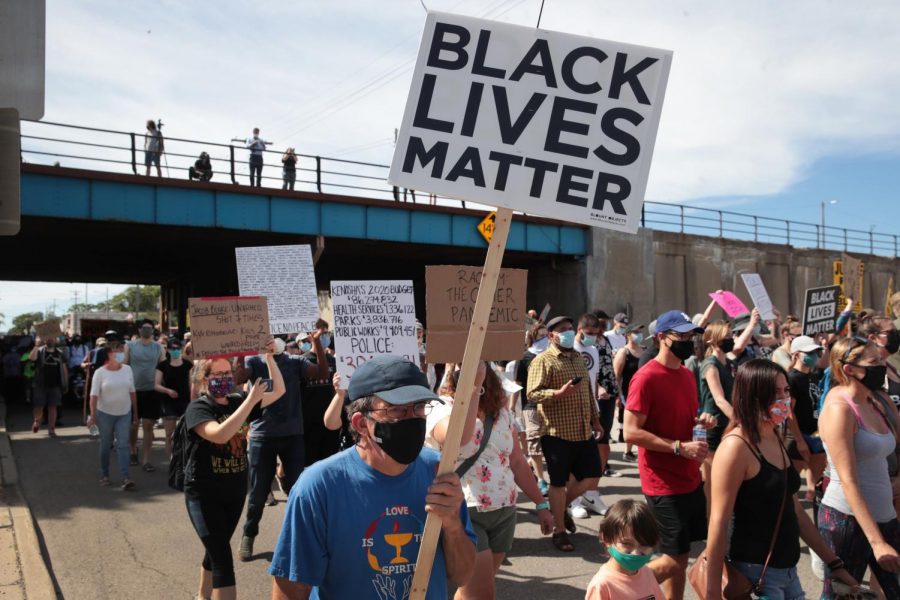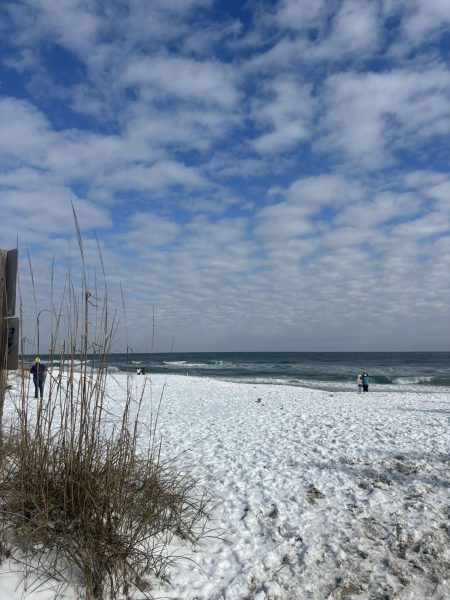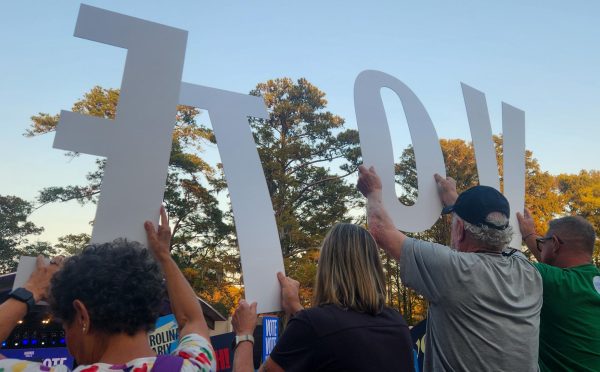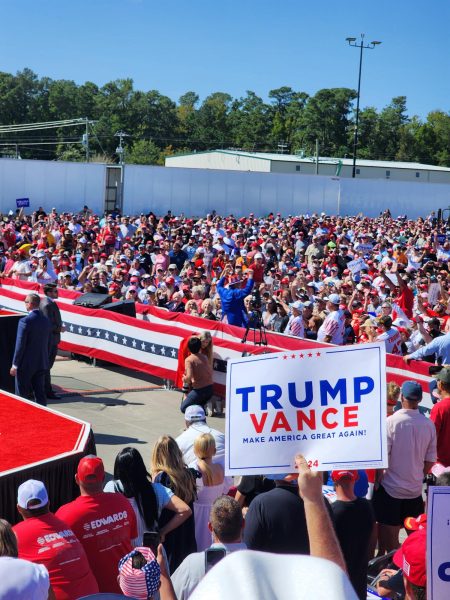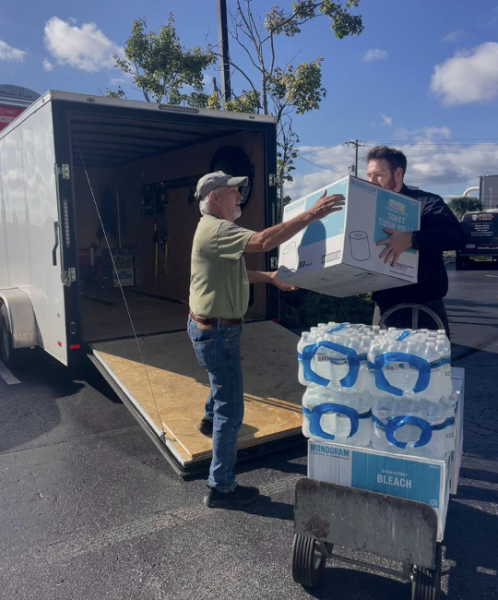The commonality of racial injustice
Tribune News Service
People march in support of Jacob Blake and his family to the Kenosha County Courthouse on Saturday, Aug. 29, 2020, in Kenosha, Wisconsin. Blake was shot seven times in the back in front of his three children by a police officer in Kenosha. (Scott Olson/Getty Images/TNS)
During the summer of 2020, global protests surrounding racial injustice soared in the U.S alongside the coronavirus (COVID-19) pandemic.
Throughout history, Rosa Parks and Martin Luther King Jr. have stood up for justice for all people. From the March on Washington to the Alabama bus boycott, the movement for civil rights is as famous as The Civil War which marked the official end of slavery in the U.S. Although, the end of the Civil War did not stop discrimination, especially in the south, where according to History, oppression still occurred.
In the wake of a pandemic, citizens are still standing up for civil rights in this country.
Millions of Americans took to the streets. To the steps of courthouses to their own front yards to say, “I am with you and I hear you” to stand up for racial injustice. This phrase has been written on walls with spray paint followed by murals exploding with colors and celebrating life with white flowers, a national symbol of peace and life, or turned into social media posts. With fire in their eyes and anger in their hearts, Americans are beginning to rise together.
Wilmington, N.C. has seen its own rise is protest amid these recent events. Throughout the summer, those who are tired of the racial injustice of America and here in the Cape Fear, are taking their own stand.
Some have gathered in the streets downtown or on UNC Wilmington’s (UNCW) campus to protest the behavior of people like the former UNCW professor Mike Adams.
While student organizations at UNCW like the Black Student Union (BSU), the Black Women’s Association (BWA) and the African American Graduation Association (AAGA) have had virtual conversations on how UNCW and the local community can foster a more diverse environment.
For decades protestors and others have said the U.S has been a separate nation and every time people like Breonna Taylor or George Floyd are killed by white police officers the nation tears a little more.
UNCW adheres to their morals and ideals of inclusivity daily as one life has one story to tell and another life has another story to tell.
“The mission of UNCW represents inclusion embedded in the work of the university. We have more than 350 student organizations representing a wide array of student interests,” said Dr Donyell Roseboro the interim professor and chief diversity officer at UNCW. “That engagement indicates that students feel empowered to speak, to form organizations that can advocate for all kinds of interests. As well as open opportunities in our study abroad program and rigorous academic curricula.”
On Aug. 3, the New York Times published an article constructed around the theme eight minutes and 46 seconds. This simple phrase became a battle cry for protesters who were enraged and heartbroken over the mistreatment of an innocent man.
More recently, demonstrations over the shooting of Jacob Blake, who was shot seven times in the back for breaking up a fight between two women, in Kenosha W.I. resulted in three more innocent people being shot. A three-day ordeal that was filmed and unleashed more violence and destruction. Demonstrators and police officers were in a standoff both unwilling to back down.
Shortly after the shooting of Jacob Blake in Kenosha, a new group of protestors has joined the fight. They held signs that read “enough is enough.”
“With our arts programs, cultural centers, and community engagement, our inclusive community is much broader, always connected globally and locally,” said Dr. Roseboro. “People can be who they are and nurture who they want to be at UNCW.”


